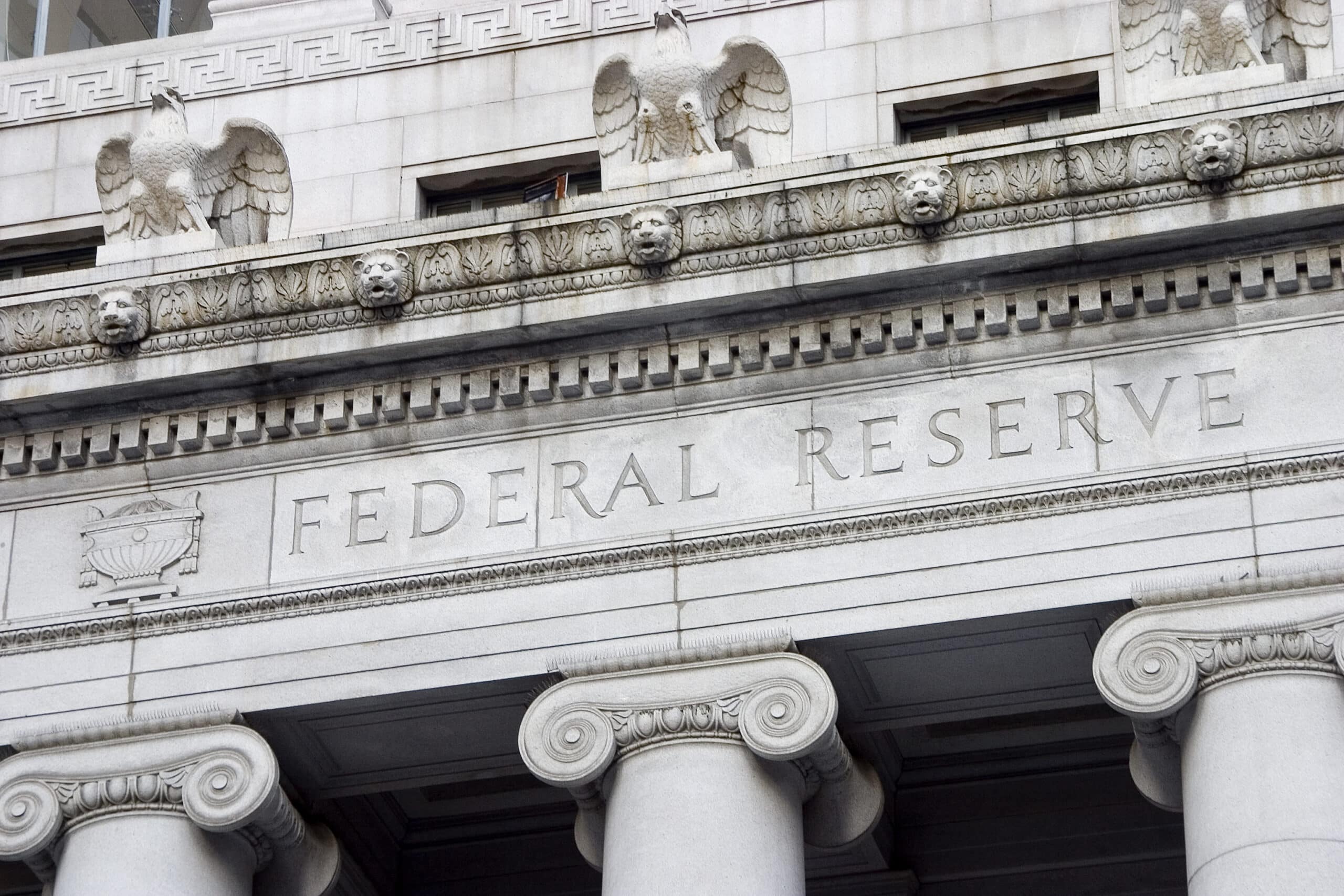Reputation Management Is Not Rocket Science
There are a number of good reasons for operating an ethical and legally compliant dealership, not the least of which is staying out of a courtroom. Perhaps the most important – and most often overlooked – reason is increased customer satisfaction. There are times when an employee may feel that he or she came out the winner by bending the rules a little, but what about the dealership’s reputation? What about the customers who were mislead? It seems like there might be some losers in the game.
Customers often make decisions during a vehicle sale transaction that they come to regret after the “ether has worn off”. Perhaps they read the contract more carefully after they got home or showed it to a relative, friend, neighbor, etc. The customer may notice some imperfections on the vehicle in the light of day and have it inspected by a mechanic or body shop or run a vehicle history report. If there is a concern, some customers will let the dealer know while others will just chalk it up to (bad) experience.
Now, if the dealer is lucky enough to get a chance to rectify the customer’s concern, how will the complaint be handled? Will it be “Sorry, all sales are final” or “You signed the contract”?
What about the customer that doesn’t bother to report the concern? You can be sure they’re telling somebody about the transaction. Or perhaps they’re telling thousands of people via social media?
Here are some examples of after-sale situations that can cause potential customer satisfaction nightmares:
- The customer sees your advertisement for a price lower than was charged for the vehicle.
- The customer discovers additional charges on the contract for items that he or she thought were included in the price of the vehicle.
- The customer discovers that F&I products were sold at much-higher-than-market prices.
- The customer discovers additional charges on the contract for items that he or she never agreed to purchase.
- The customer gets a call from the lender who asks for verification that the vehicle has a sunroof – and it doesn’t.
- The customer discovers that the price of the vehicle was raised to cover negative equity on the trade-in when after being told that the dealer agreed to purchase the trade-in for the full loan balance.
- The customer gets a call from the lender asking for verification of an income amount which is much higher than what was written on the credit application.
- The customer discovers that the vehicle purchased had undisclosed prior damage.
- The customer runs a vehicle history report and discovers that the vehicle purchased was an undisclosed previous rental, a prior demo, flood damaged, etc.
- The customer brings the vehicle in for repairs and discovers that the warranty or service contract coverage or term was misrepresented.
Sure, you made the deal. But is it really worth putting the reputation that you have worked years to build at risk? Take compliance and ethical behavior seriously. A commitment to honesty and fair dealing will protect your company, your employees, your customers and, most importantly, your good name.

















Ha! Just a little fun jab there for ya. ; )
I agree with your implicaiton that legislating home ownership as an entitlement is wrong-headed. Not sure that makes the entire US Congress dumb though.